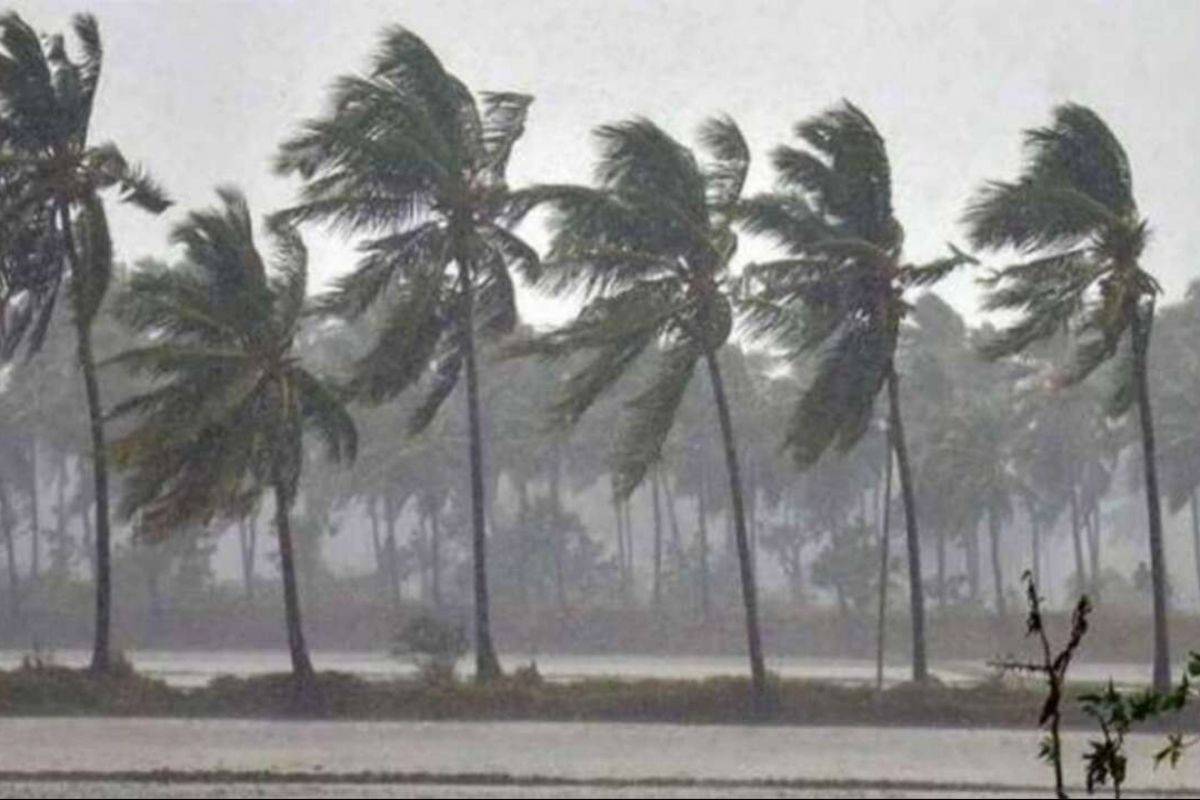The Bay of Bengal coast of the Indian subcontinent was the most vulnerable to tropical cyclones with the coastal areas of Odisha bearing the brunt of the majority of such cyclonic storms.
Between 1891 and 2018, the Odisha coast was hit by around 110 cyclones. That has necessitated focused attention on forecasting, prediction, preparedness, mitigation of impacts and management of such cyclones in the state in the face of climate change, a document issued at the workshop here on Monday stated.
Advertisement
The socio-economic impact of tropical cyclones and coping strategies of local communities in Odisha, with special focus on women, was the subject of a one-day national workshop organised at the Siksha ‘O’ Anusandhan Deemed to be University here on Monday.
The workshop aimed at promotion and dissemination of understanding, awareness, mitigation and coping strategies related to tropical cyclones, Satya Ranjan Das, Organising Secretary of the workshop, said.
“It is primarily intended to disseminate the outcome of a research program on the subject carried out by KP University, Vancouver, Canada and BITS-Pilani (Hyderabad Campus) under the auspices of Shastri Indo-Canadian Institute,” he said, adding SOA, through its faculty of agricultural sciences and Centre for Climate Smart Agriculture (CCSA) was also conducting research on coping strategies of local communities in Odisha.
Prof Dolagobinda Pradhan of KP University and HR Biswas, Head of the Bhubaneswar Meteorological Centre, Prof Bijay Kumar Sahu, Vice Chancellor of SOA and Prof Pradipta Kumar Nanda, Pro-Chancellor of SOA, addressed the inaugural session. Dr Archana Srivastava of BITS-Pilani proposed the vote of thanks.
Pradhan later called on SOA’s Founder President Prof Manojranjan Nayak and exchanged views.









